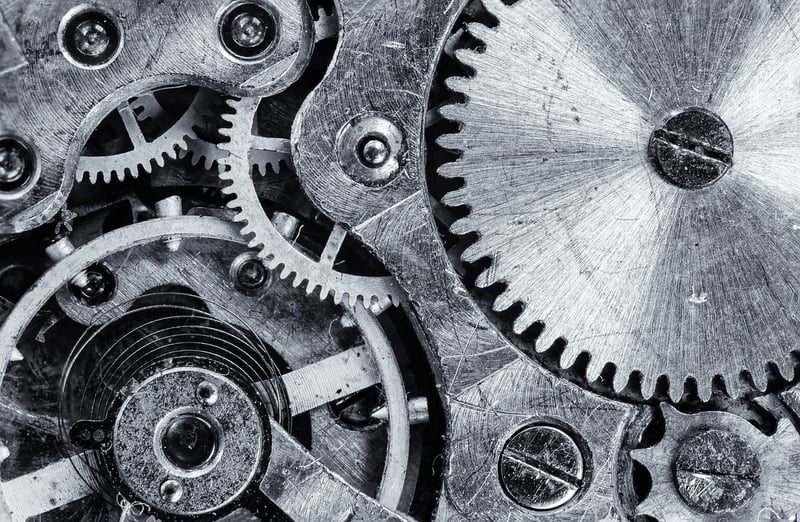Paradox Prevention
Master the Art of Time Travel + Paradox Prevention
Time travel has been a fascinating concept in science fiction for decades, captivating audiences with the idea of journeying through different eras and altering the course of history. While time travel remains a theoretical concept, understanding the principles and paradoxes associated with it can provide insight into this intriguing topic.
The Basics of Time Travel
Time travel refers to the hypothetical ability to move backward or forward in time, defying the traditional arrow of time that flows inexorably from the past to the future. While time travel is a common theme in literature and movies, scientific evidence supporting its existence remains elusive. Various theories, such as wormholes, black holes, and the theory of relativity, have been proposed to explain the possibility of time travel.
Types of Time Travel
There are generally two main types of time travel:
- Forward Time Travel: Moving ahead in time to witness future events.
- Backward Time Travel: Returning to a time before the present, potentially altering past events.
Paradoxes and Time Travel
One of the most significant challenges in contemplating time travel is the emergence of paradoxes, which are logical inconsistencies that arise when considering the implications of altering past events.
Common paradoxes associated with time travel include:
- Grandfather Paradox: A time traveler goes back in time and prevents their grandparents from meeting, thereby preventing their own existence.
- Bootstrap Paradox: An object or information is sent back in time in an infinite loop without origin.
Paradox Prevention Strategies
While the concept of paradoxes in time travel can be mind-boggling, there are some proposed strategies to prevent paradoxes from occurring:
- Novikov Self-Consistency Principle: Events in the past cannot be altered, ensuring a consistent timeline.
- Parallel Universes: Each time travel event creates a new branch of reality, avoiding paradoxes in the original timeline.
Conclusion
Mastering the art of time travel involves delving into the complexities of theoretical physics, paradoxes, and the implications of altering past events. While the reality of time travel remains uncertain, exploring these concepts can spark the imagination and fuel creative endeavors in science fiction and beyond.
Remember, while the allure of time travel is undeniable, understanding the potential paradoxes and consequences is crucial in navigating the intricate web of temporal manipulation.

